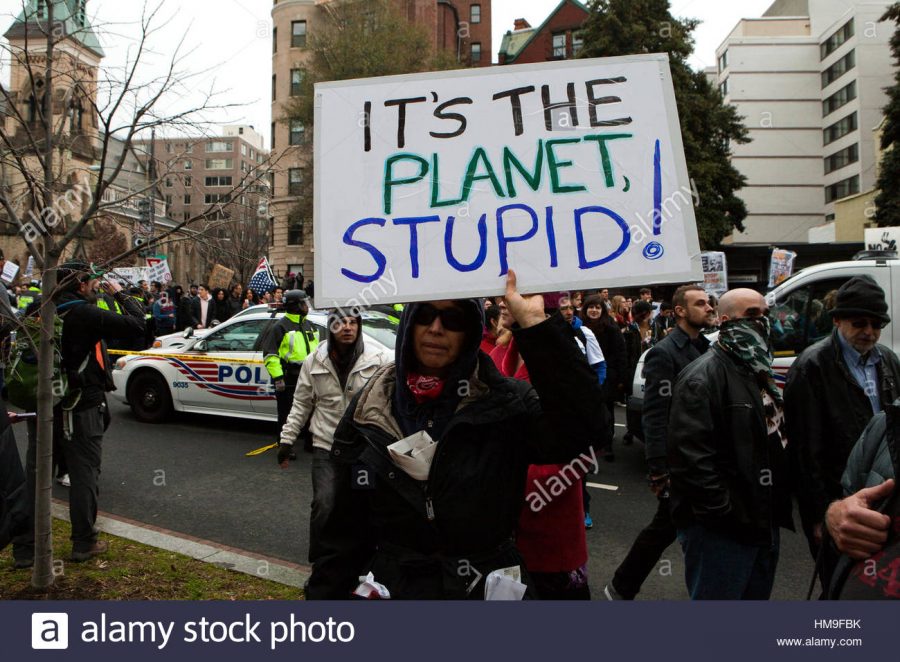Lobbying in Environmental Issues
May 28, 2019
There is something to be said about America’s relationship with energy. A constantly growing nation — the third most populous on earth — needs fuel to sustain itself, especially in the modern world, From coal to oil to natural gas to (a tad bit of) renewables, the usage and collection of energy sources is always at the top of the list of national concerns. It is thus only natural that the energy lobby have far-reaching consequences in everyday life.
The energy sector consistently beats out almost all other sectors in terms of lobbying spending; in 2019 alone, accounting for 2 out of the top 6 lobbying industries — both fossil-fuel-based industries. Aside from the direct lobbying, fossil fuel industries pump millions of dollars each year into campaigns, typically responsible for roughly 1 out of every 5 dollars contributed, nearly 3 times as much money as a mere 10 years ago. OPEC and other oil and natural gas giants flex their energy surpluses, driving foreign policy decisions. With such levels of influence over the spending and decision-making in Washington and elsewhere, it is no wonder that the fossil fuel industry has as much — if not more — influence over policy decisions as the policymakers themselves.
Given the sheer size of the fossil fuel industry and their access to capital, it is no surprise that the renewable energy industry is outspent 10-to-1. Since lobbying has no open discourse or rational, 2-sides discussion on issues, this creates a disproportionate distribution of information in the beltway where fossil-fuel-favorable information dominates policy discussions. No wonder 28% percent of Congresspeople deny the existence of climate change, while only 14% of Americans in general do.
Over the past three years, oil and gas companies have spent over a billion dollars on lobbying campaigns and targeted ads which have been found to be deliberately misleading. Over 2 billion dollars have been spent since the turn of the millenium. Lobbying and personal connections, not sound policymaking, pushed through the Dakota Access Pipeline. [depromotion of public infrastructure] [cover-ups of pollution]
[oil distribution influence over alliances in OPEC: wars, HR abuses, MIC] [oil crashes as a result of overdependence on singular sources]




